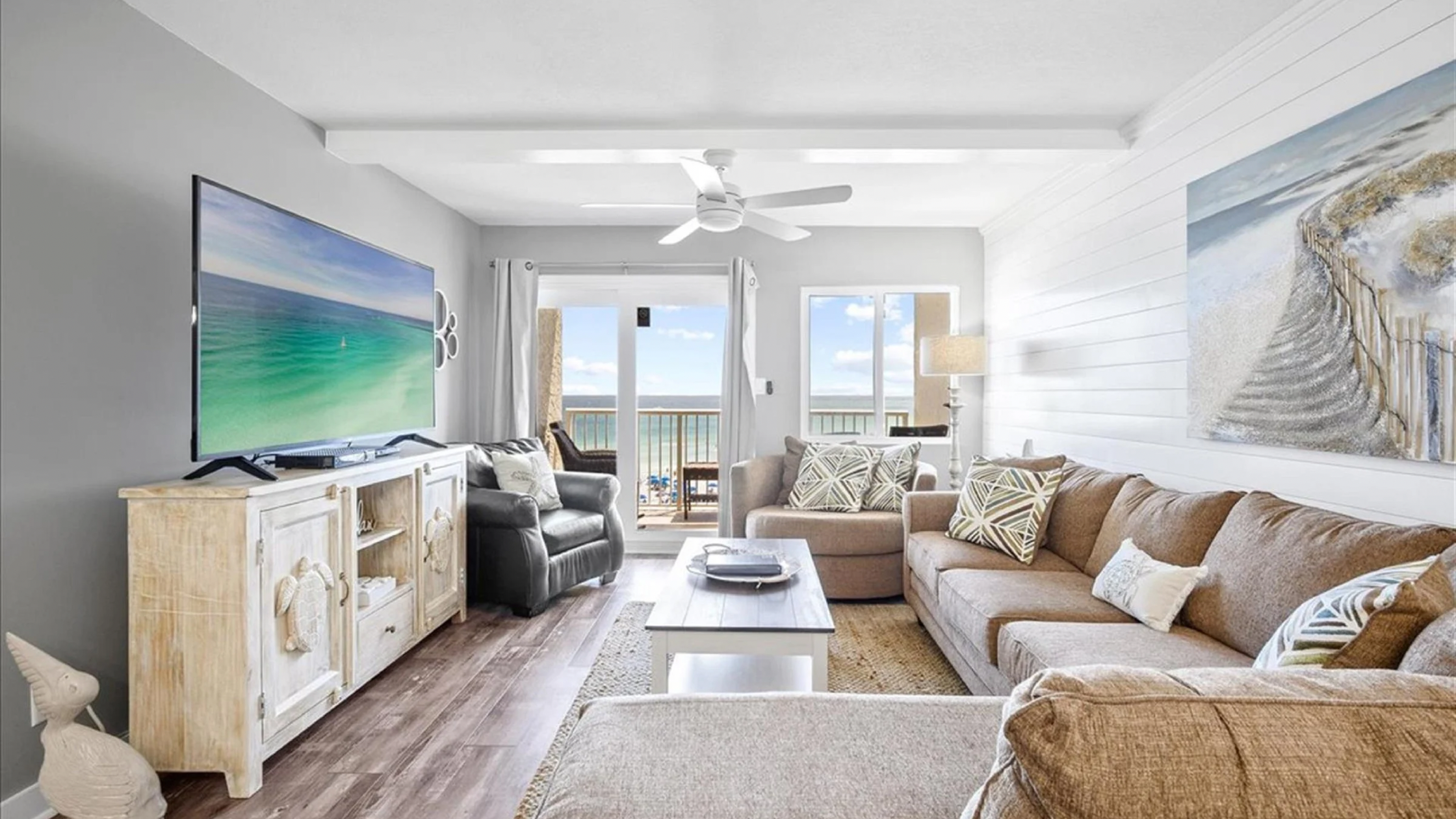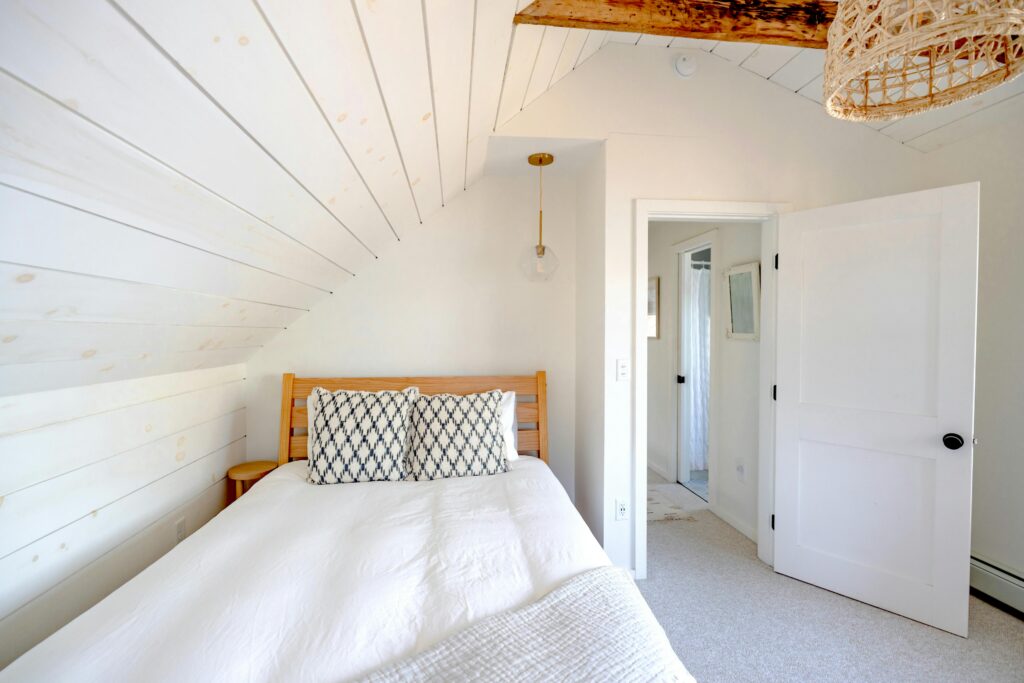If you’re considering investing in real estate, and starting a short-term business, you’ve probably asked yourself: should I go for short-term rentals (like Airbnb) or long-term leases? Both have their advantages, but which one brings in more money? Let’s find out!
The Case for Short-Term Rentals
1. Higher Earning Potential
Short-term rentals often have higher nightly rates compared to long-term leases. Depending on your location, a well-managed Airbnb can generate significantly more monthly revenue than a traditional rental.
2. Flexibility in Pricing
With short-term rentals, you can adjust prices based on demand, local events, and seasonal trends. This means you can maximize income when demand is high.
3. Personal Use of the Property
Short-term rentals give you the freedom to block out dates for personal stays or maintenance of the property, without dealing with long-term lease agreements.
4. Potential Tax Benefits
Some regions offer tax advantages for short-term rentals, especially if you rent your property for less than a certain number of days per year. This can help reduce your overall tax liability.
Local Guests Booking Your Property
- Higher turnover costs – Cleaning, restocking, and maintenance between guests
- Regulations and restrictions – Some cities have strict short-term Rental laws
- Seasonal income fluctuations – Earnings may drop during off-peak months

The Case for Long-Term Rentals
1. Stable, Predictable Income
With a long-term tenant, you receive consistent rental payments every month, making budgeting easier and reducing financial uncertainty.
2. Lower Operational Cost
Long-term rentals require less frequent cleaning and maintenance compared to short-term properties, reducing overhead costs and time spent managing the property.
3. Less Time-Intensive
Managing a long-term rental typically requires less effort. You don’t have to handle bookings, guest communication, or frequent turnovers.
4. Fewer Legal and Regulatory Issues
Many cities impose strict regulations on short-term rentals, whereas long-term leases tend to have fewer restrictions and legal complexities.
Challenges of Long-Term Rentals
- Limited ability to adjust rent (locked into lease agreements, even if the market changes)
- Tenant risks (problematic tenants, potential eviction issues, and property damage over time)
- Lower earning potential (compared to high-demand short-term rentals)
Which One Makes More Money?
If your property is in a tourist hotspot, a short-term rental could significantly out-earn a long-term rental. However, in areas with low visitor demand, long-term rentals may be the safer bet.
1. Consider Your Management Style
Do you prefer a hands-off, steady income? Go long-term. Love hosting and optimizing profits? Short-term rentals might be your best bet.
2. Think about Market Conditions
During economic downturns, short-term rental demand can drop, whereas long-term rentals remain more stable. Understanding your local rental market is key to making the right choice.
Conclusion
Both short-term and long-term rentals can be profitable—but the best choice depends on your goals, location, and willingness to manage the property. If you want higher income and flexibility, short-term rentals are great. If you prefer stability with less work, long-term rentals win.









